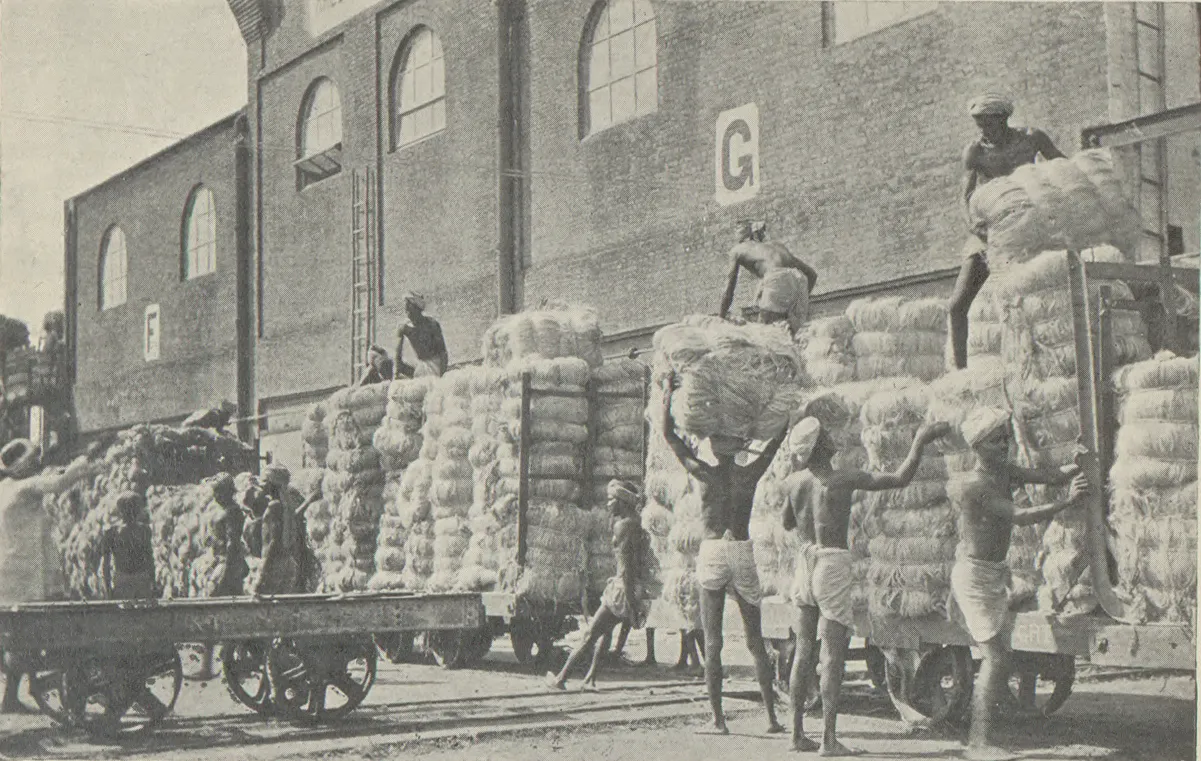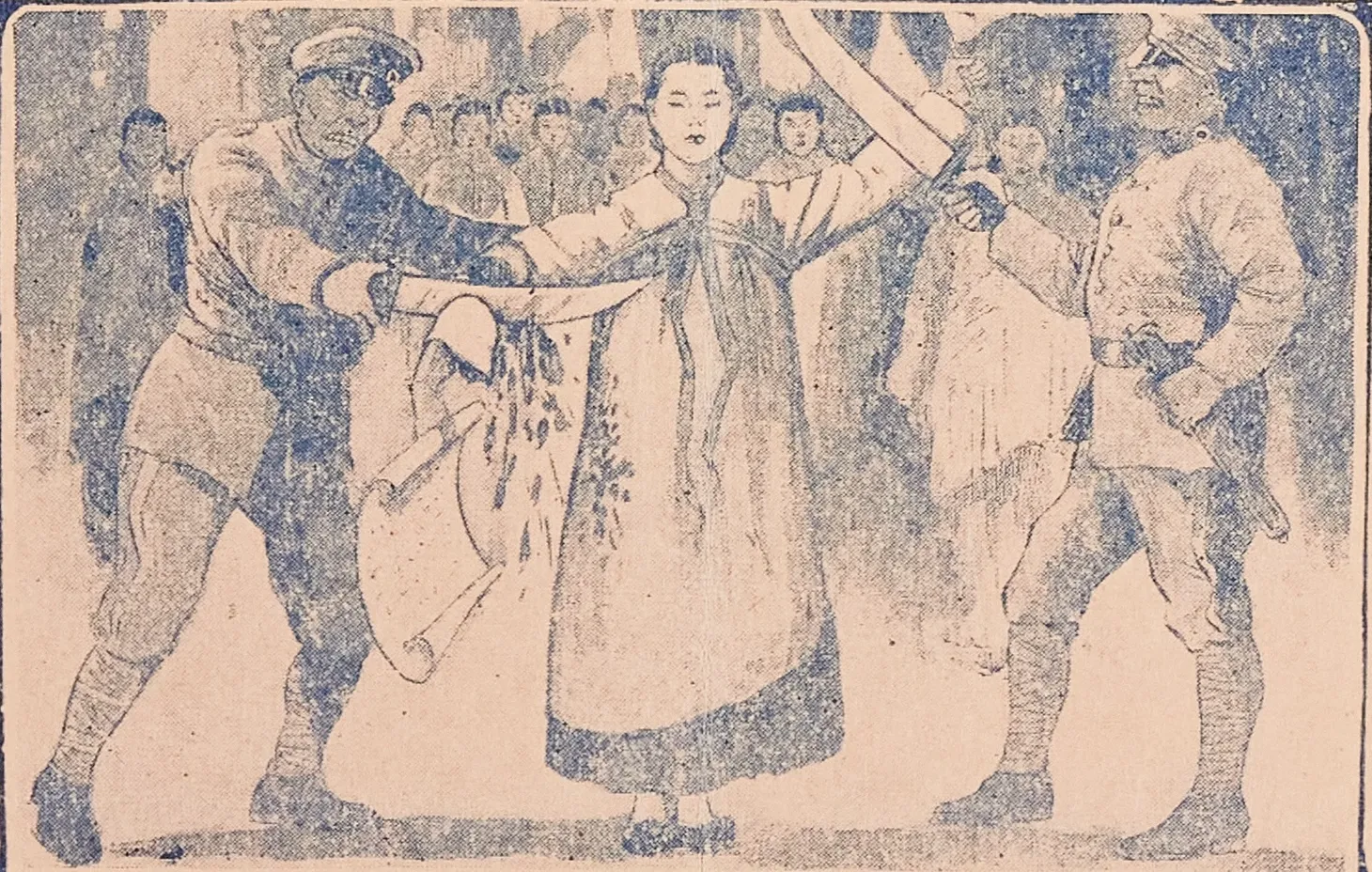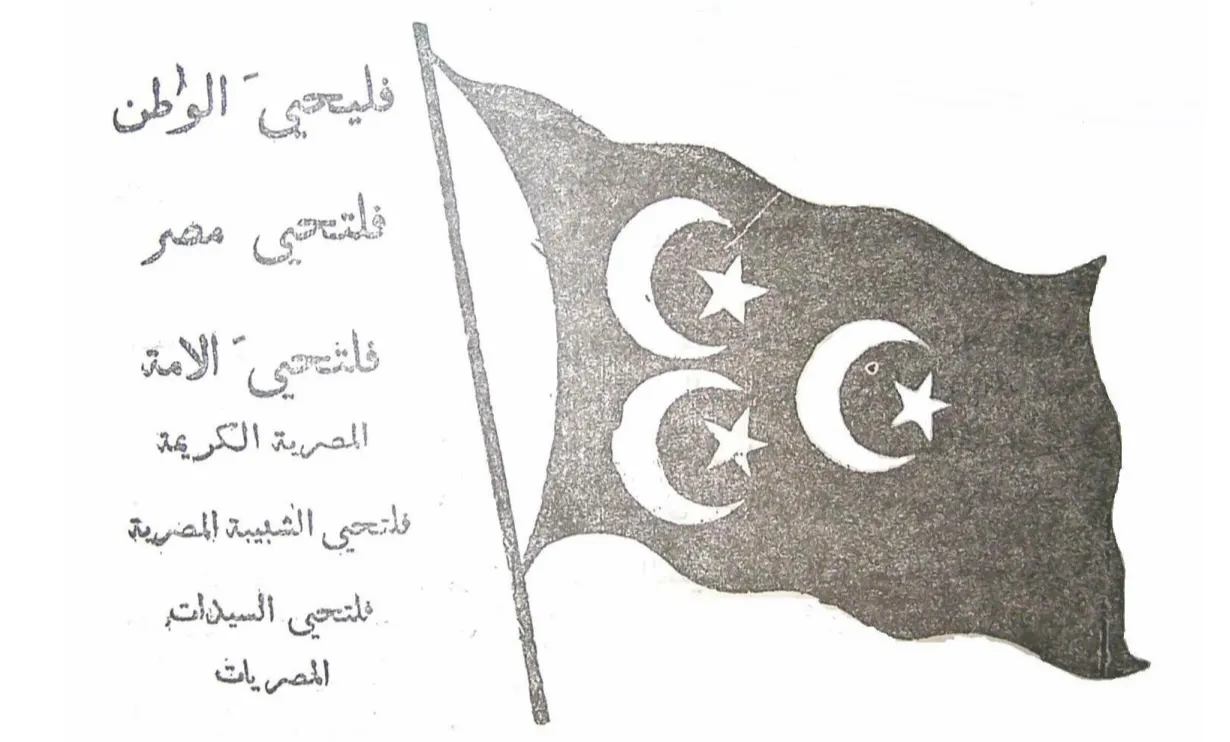“Our Postcards of Pain”: Teaching the Anticolonial Protests of 1919
Discussion of teaching the Jallianwala Bagh (Amritsar) Massacre and the anticolonial protests of 1919
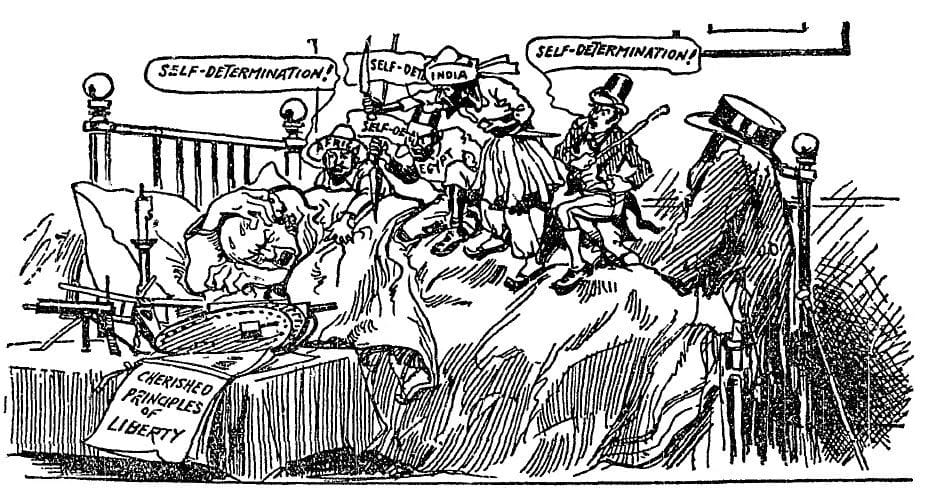
It’s been almost three years since I left the classroom to focus on writing Liberating Narratives. While I expected my “work” life to change significantly, I didn’t anticipate the similarities between teaching and full-time writing. As with teaching, I develop a “syllabus” for a few months. I want a road map for where I’m heading and to make the newsletters more engaging for teachers. Despite wanting a consistent schedule and having a clear long-term vision for Liberating Narratives, I sometimes needed to break away from the syllabus. Good teaching involves balancing our instincts to be spontaneous (indulging in fun tangents or responding to current events) and providing students with regular pedagogical approaches that allow them to be comfortable.
Over the past month, I’ve struggled with following the syllabus. My plan hasn’t gone according to plan, and I want more spontaneity with my writing. I also keep encountering intriguing resources about 1919. While I traveled in India in January and February, I read Kim Wagner’s Amritsar 1919: An Empire of Fear and the Making of a Massacre about the massacre at Jallianwala Bagh (Amritsar). Despite thinking I knew a lot about what had happened, I realized how little I knew. I had a similar experience after participating in an excellent workshop on “Asia and the 1919 Paris Peace Conference.” As teachers, we must be comfortable admitting when we’re still learning. I’ve written before about teaching 1919, but I’ve been (re)thinking about how to approach the subject in new ways that resonate more with students.
Teachers often focus more on the European aspects of the Paris Peace Conference and how they contributed to the Second World War. I remember overemphasizing how the Treaty of Versailles “punished” Germany and contributed to the development of Nazism. While I understand this approach, it’s Eurocentric. The aftermath of the First World War also affected Africa and Asia and set up the truly global conflict of the twentieth century: the fight against empire. For many teachers, we may have learned about a mostly European Second World War as the most significant twentieth-century conflict. But when we think about numbers, far more people lived in regions fighting to end imperial rule than in Europe.
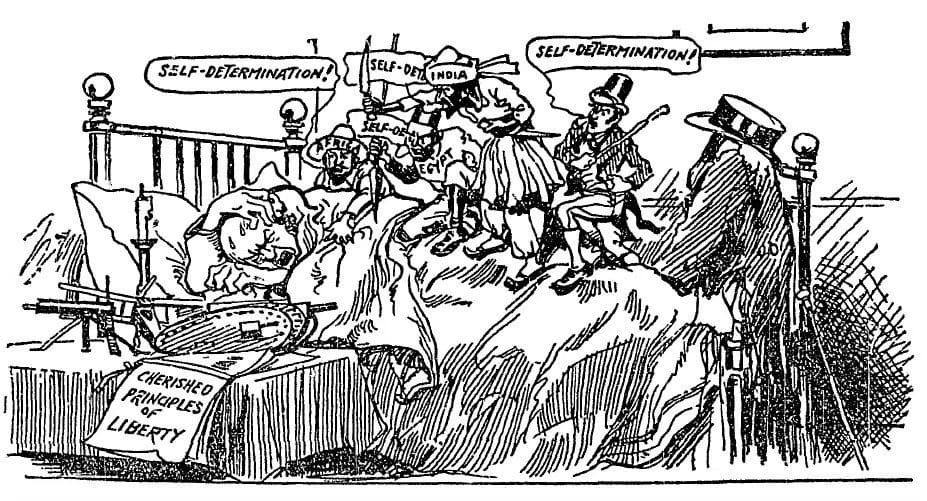
1919 is critical to understanding the conflicts of the twentieth century. Nations worldwide began to articulate more clearly and explicitly their support for self-determination and desire to end empire. We should want to spend more time teaching about how the struggles of 1919 contributed to those shifts. The challenge is that many 1919 uprisings failed to win colonized peoples their independence. Students see the failures but can miss how these uprisings proved critical to colonized peoples’ view of imperial powers. The struggles of 1919 also continued to influence people across China, Egypt, India, and Korea. Focusing more on 1919 also allows students to learn more about the legacy of colonialism in Ireland (the only Western European country to have been colonized). There were surprising ways in which Irish nationalists connected to African and Asian nationalists.
Over the next few weeks, I plan to share various sources for teaching about the anti-imperial struggles of 1919. These resources will help students better understand the connections between these struggles and how they continued to resonate across the twentieth and twenty-first centuries.

